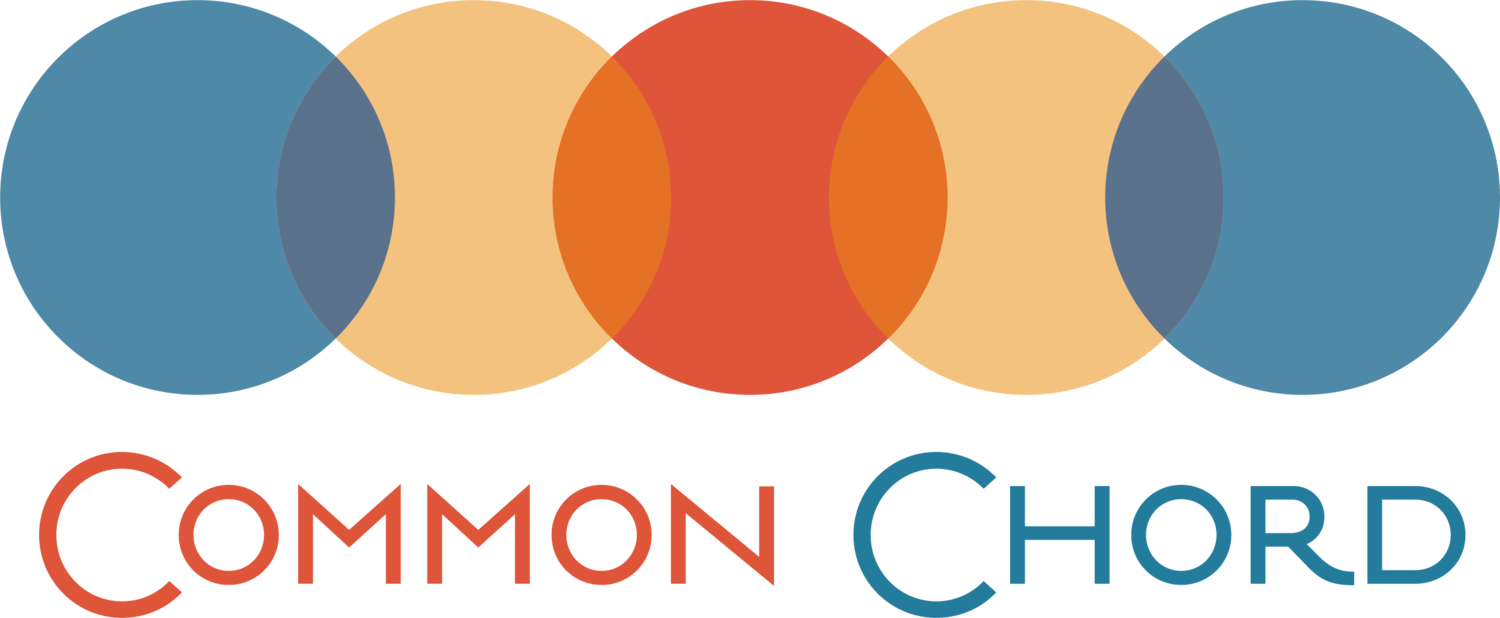Who Is The Hero? Adoption Narratives At the Olympics
There are several adoption related stories at the Olympics this year. In many ways it is beautiful to see the representation. The more adoption is discussed, the more “normalized” adoptive families become.
I have watched more hours of Olympics than I might want to admit, and watching the ads is always entertaining for me. It helps me keep a finger on the pulse of mainstream messaging. There is one ad running during the Olympics that features a paraOlympic swimming athlete. The same ad was also featured in the Super Bowl. It is a Toyota commercial and it features the phenomenal swimmer Jessica Tatiana Long. She is a highly accomplished swimmer and deserves accolades.
Yet, interestingly, with one minute to tell her story, the only spoken narrative involves the adoptive mother getting a phone call about a prospective adoptive placement, The call includes the news that “We have found a child for you. She’s in Sibera- but there are some things you should know.” The adoption social worker goes on to say she will need a double leg amputation and “it won’t be easy.”
To which the mother replies, “It won’t be easy- but it will be amazing.” As the adoptive parent speaks, the swimmer is looking up admiringly from the water where she has been swimming through phases of her life. It is a visually striking ad that calls attention to a tremendous paraOlympian.
I have sat and mulled over why I hold my breath a bit when this ad comes on.
The parts that cause me pause are the fact that the only narrative involves the adoptive mother, and the energy that paints the adoptive mother as an extra big hero, because she is not only willing to adopt, but willing to adopt a child with clear specialized needs.
This “willingness to adopt” is an interesting thing to contemplate. What do we mean when we say “willing to adopt?” “Willing to take on a risk because some adoptions don’t end well ( I heard that a lot from others when I was considering adoption) ?” Willing to take on a child from hard places who will inevitably have issues? Willing to add complexity to your life? Willing to learn about race and racism in transracial adoption? The concept or willingness to adopt is a loaded concept.
As is adoptive parent heroism. It is true that adoptive parenting requires some extra skills and sensibilities. There are many situations that arise in adoptive families that don’t arise in non-adoptive families. Especially families that are obviously identifiable as adoptive. People- even strangers- have been quick to say “ I couldn’t do it” as they looked at my child and me. I have heard that a lot. My adopted child has also heard many strangers say that to me. That is not okay.
As with many parts of adoption, I see the complexity of this advertisement and this issue. I love the representation. I can never tell an adoptee how to feel about their adoption and there is no way to know how “adoptees” (as a whole) feel about these commercials, because there is no singular voice. But I do know that the adoptive-parent-as -hero theme can be both very subtle and very obvious in mainstream media and popular culture.
That trope has done a lot of harm to adoptees who are sometimes left feeling as if they are a project of some kind, and should be grateful to selfless parents who were willing to adopt. It also can make it hard for adoptive parents to seek support if they are struggling with the distinct elements of adoptive family life. That is not okay either.
In much of my work, I focus on how to have hard conversations with children. In much of my life as an adoptive parent, friends and family members ask how to be an ally for my family. Current events offer countless opportunities to examine who is centered in adoptive stories in the media. Ask your children what they think of this ad. Help them see that Jessica Long is a hero in her own right- and that her adoptive parents are just as lucky as she is- if not more.



